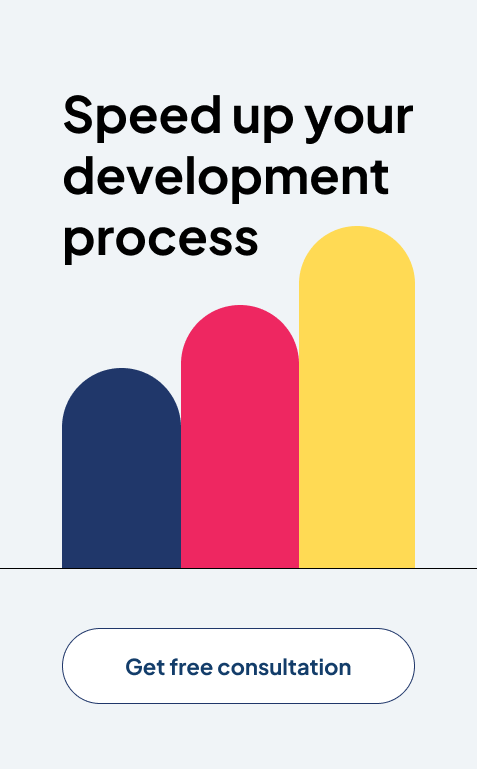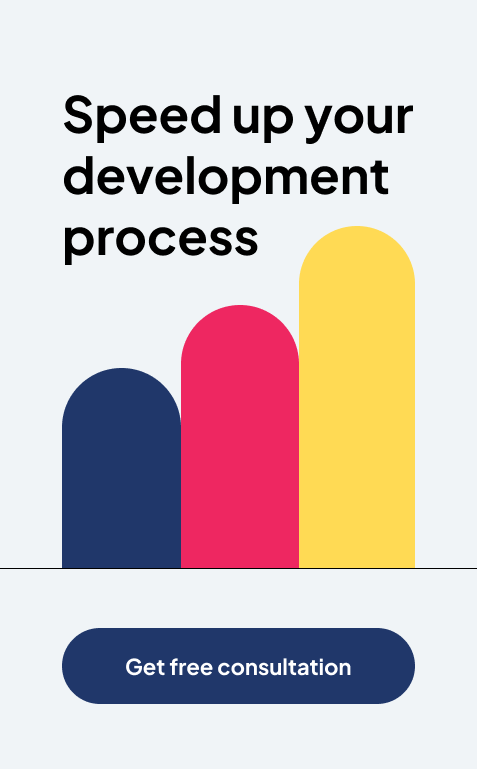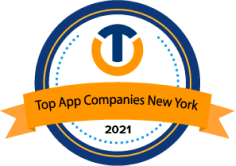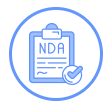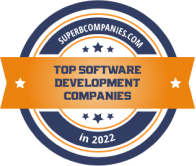Android App Development: Key Trends and Tools for Success
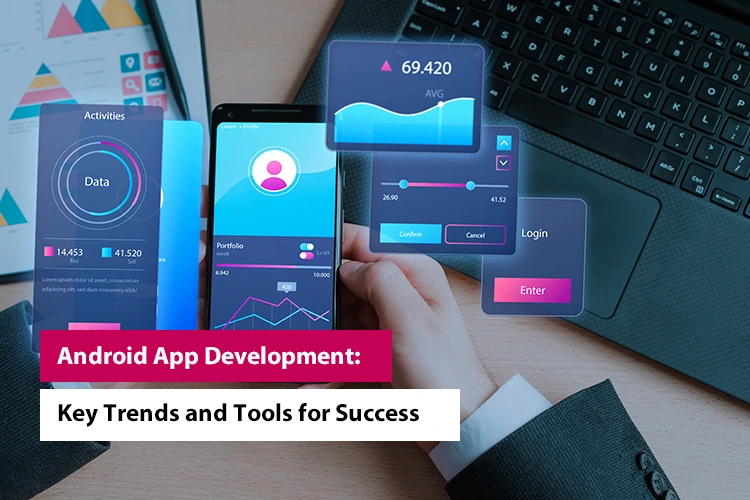
Have you ever wondered what makes some Android apps an overnight sensation, while others struggle to gain recognition in the crowded marketplace? The secret lies in the dynamic world of Android app development, where creativity, innovation, and the right tools can transform a mere concept into a user’s everyday essentials.
In this ever-evolving ecosystem, developers are continuously pushing the boundaries, seeking to ride the waves of emerging trends and harnessing the power of cutting-edge tools. Join us on a journey through the Android app development landscape, where we’ll unravel the key trends and tools that pave the way to success in this thrilling realm.
Key Trends in Android App Development

Blazing a Trail with 5G: Revolutionizing Android App Development
The integration of 5G technology has ushered in a new era of possibilities for Android app development. With its significantly faster data transfer speeds and lower latency, 5G is a game-changer. App developers are now focusing on creating applications that can harness the full potential of 5G. This includes high-definition video streaming apps that allow for seamless 4K streaming, immersive augmented reality (AR) and virtual reality (VR) experiences, and even remote gaming services. The reduced lag and increased bandwidth provided by 5G open up numerous opportunities, making content-rich, real-time, and interactive apps more accessible to users.
The Rise of AI: Crafting Intelligent Android Experiences
Machine learning and artificial intelligence are at the forefront of Android app development. Developers are leveraging these technologies to create apps that provide more personalized and intelligent experiences. This includes chatbots that can have natural conversations with users, recommendation engines that offer tailored content, and image recognition capabilities for augmented reality applications. AI and machine learning algorithms are being employed to analyze user behavior and preferences, allowing apps to adapt and evolve over time, making them more user-centric.
Shielding Data: Fortifying Security and Privacy in Android Apps
With an increasing number of data breaches and privacy concerns, security and privacy have become paramount in Android app development. Developers are implementing advanced security features to safeguard user data. This includes robust encryption techniques, secure authentication methods (such as biometric and two-factor authentication), and secure communication protocols. Compliance with data protection regulations like GDPR is also a key consideration. Apps that prioritize security and privacy build trust with users, and trust is a valuable asset in a competitive app market.
Unfolding Possibilities: Adapting Apps for Foldable Displays
Foldable and flexible displays have brought a new dimension to Android app development. Developers are exploring innovative ways to create responsive and adaptable apps that can seamlessly transition between different screen sizes and configurations. These devices offer unique multitasking opportunities, and developers are designing apps to take full advantage of these capabilities. For instance, apps can provide split-screen views or unique user interfaces that adapt to the specific foldable device’s form factor, providing a more intuitive and engaging user experience.
IoT’s Handshake with Android: A World of Connected Apps
The Internet of Things is expanding rapidly, and Android app developers are tapping into this growth. They are creating apps that can communicate with and control IoT devices, such as smart thermostats, home security systems, and wearable devices. This integration allows users to manage and monitor their IoT devices from their Android smartphones, making their lives more convenient and interconnected. Whether it’s adjusting the temperature at home while on the go or receiving health data from a wearable device, Android apps are facilitating seamless connectivity with IoT.
Crossing Platforms, Uniting Audiences: The Allure of Cross-Platform Development
Cross-platform development tools like Flutter and React Native are gaining popularity in the Android app development ecosystem. These frameworks enable developers to write code once and deploy it across multiple platforms, including Android and iOS. This approach reduces development time and costs, making it an attractive option for businesses looking to reach a broader audience without doubling development efforts. Developers can achieve a consistent user experience across various platforms while maintaining code efficiency.
Eco Warriors in Code: Building Sustainable Android Apps
As environmental concerns continue to grow, a new trend in Android app development is the creation of green and sustainable apps. These apps focus on promoting eco-friendly practices, such as carpooling, energy conservation, sustainable shopping, and waste reduction. By incorporating sustainability into their apps, developers not only contribute to a greener world but also attract users who are increasingly conscious of their environmental impact.
Designing Dreams: Crafting Captivating UI/UX in Android Apps
In today’s competitive app market, a visually appealing and user-friendly design is crucial for success. Android app developers are placing greater emphasis on creating intuitive and visually pleasing user interfaces. They pay careful attention to user experience design, ensuring that navigation is intuitive and that the app is easy to use. This not only enhances user satisfaction but also boosts user retention and engagement, key factors for the long-term success of Android apps.
Tools for Success in Android App Development

In the world of Android app development, having the right tools at your disposal can make all the difference between a successful, well-crafted app and a project fraught with challenges. As you start your Android app development journey, consider these essential tools that can help you navigate the complex landscape and achieve success:
Android Studio: Your Development Hub
Android Studio serves as the cornerstone of Android app development. It is the official Integrated Development Environment (IDE) provided by Google. With a wide range of features, Android Studio is a developer’s best friend. It boasts a powerful code editor, a visual layout editor for creating app interfaces, and advanced debugging capabilities. The IDE also streamlines the testing and deployment of your apps, making it a comprehensive and user-friendly tool for your development needs.
Kotlin Programming Language: The Future of Android Development
In the realm of programming languages for Android, Kotlin has risen to prominence. It’s concise, expressive, and designed to work seamlessly with Java. The adoption of Kotlin is on the rise due to its enhanced safety features, concise syntax, and compatibility with existing Java code. As it continues to evolve and gain popularity, Kotlin is quickly becoming the preferred choice for many Android developers.
Firebase: A Complete Mobile Development Platform
Firebase, Google’s mobile development platform, offers a suite of tools and services that can significantly accelerate the development process. It includes real-time databases, cloud hosting, authentication services, and analytics. Firebase’s real-time database is particularly useful for building responsive and collaborative apps, while its authentication service simplifies user management. Moreover, Firebase Analytics provides valuable insights into user behavior, allowing developers to make data-driven decisions for app optimization.
RxJava: Managing Asynchronous Operations
In the world of Android app development, managing asynchronous operations is critical. RxJava is a popular library that provides a powerful and elegant solution. It simplifies the handling of data streams and events in your app, making it easier to work with asynchronous data. By using RxJava, you can manage complex data operations more efficiently, leading to a more responsive and stable application.
Dagger 2: Simplifying Dependency Injection
Dagger 2 is a robust dependency injection framework that simplifies the management of components and dependencies in your Android app. Dependency injection is crucial for improving the modularity and maintainability of your code. Dagger 2 automates the process, allowing you to focus on developing app features without worrying about the intricacies of dependency injection.
Git and GitHub: Collaborative Version Control
In collaborative Android app development, effective version control is essential. Git is a distributed version control system that allows you to track changes to your code, collaborate with team members, and manage code efficiently. GitHub, a web-based platform built on Git, provides a convenient space for hosting and sharing your code with the development community. It’s a valuable resource for collaborative projects, offering features like issue tracking, pull requests, and code reviews.
Testing Tools: Ensuring App Reliability
Robust testing is vital for ensuring the quality and reliability of your Android apps. There are several testing tools available, with Espresso for UI testing and JUnit for unit testing being among the most popular. These tools help you identify and address issues early in the development process, improving the overall quality and stability of your app.
App Distribution Platforms: Reaching Your Audience
Leveraging app distribution platforms like the Google Play Store is essential for reaching a broad user base. These platforms offer exposure to millions of potential users and provide tools for managing app updates and monitoring user reviews. A well-optimized listing on the Play Store can significantly impact your app’s visibility and download numbers.
Continuous Integration/Continuous Deployment (CI/CD) Tools: Streamlining App Deployment
CI/CD tools such as Jenkins, Travis CI, and Bitrise automate the app deployment process. These tools help you streamline the testing, building, and deployment of your Android app. Automation reduces the risk of human error and speeds up the release process, ensuring that your users receive timely updates and new features.
Android app development is a multifaceted journey that demands a well-equipped toolbox. These tools are your companions in crafting successful Android applications. With the right tools and a solid understanding of the key trends, you can build innovative, secure, and user-friendly Android apps that stand out in the competitive app market. By embracing the latest trends and harnessing the power of these tools, you’re well on your way to Android app development success.
Conclusion
Android app development is a constantly evolving field with exciting trends and powerful tools that can help you succeed. Staying updated with the latest trends and using the right tools will not only enhance the functionality and appeal of your apps but also position you to meet the changing needs and expectations of your users. By embracing these trends and tools, you can create innovative and successful Android apps that stand out in a competitive marketplace.
If you’re looking for a reliable partner to bring your Android app ideas to life, consider reaching out to Imenso Software. Their expertise in Android app development and commitment to staying on the cutting edge of industry trends can be the catalyst for your app’s success. Don’t miss the opportunity to collaborate with professionals who can turn your vision into a reality. Contact Imenso Software today and take the first step towards your Android app development journey.
We’re honored to mention that our efforts have been recognized by renowned B2B review and research platforms such as GoodFirms, Clutch, MirrorView, and many more.
Want more information about our services?
Similar Posts
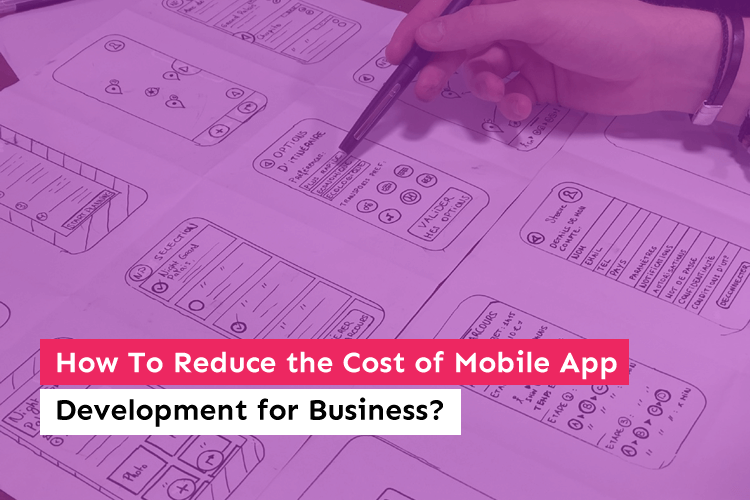
How To Reduce the Cost of Mobile App Development for Business?
To create a unique brand identity among customers is the ultimate goal of every marketing effort put forth by businesses. However, modern age marketing is nothing like how we used to do it. The invention of technology and rapid changes in business conditions are driving the new marketing tactics and strategies. Companies used to spend on newspaper […]...
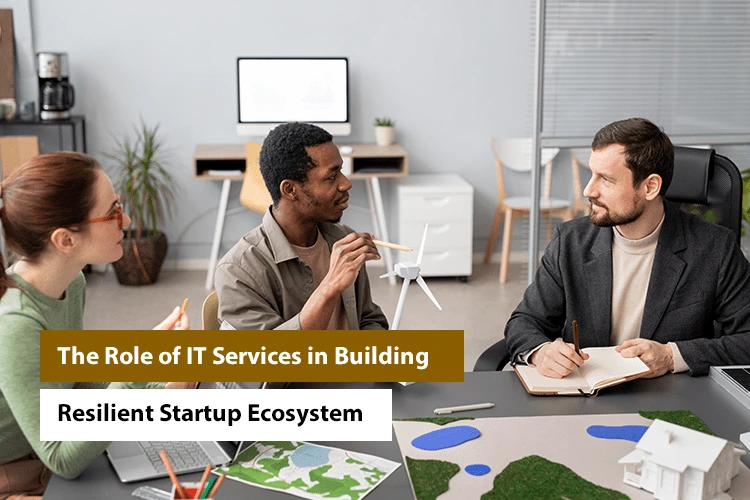
The Role of IT Services in Building Resilient Startup Ecosystems
Scaling up a startup is an exhilarating journey and an enormous challenge. Efficient IT services play an important role in scaling up the startups. Founders leading 200-person teams in rapidly growing companies face many challenges. One of the biggest struggles is scaling operations efficiently without losing agility. While scaling the startup, every process must be […]...

Offshore Software Development Trends For 2022 (One’s You Can’t Miss)
In 2022, we will see rapid digitization and virtualization of businesses and societies. The primary trends in the IT and software development industry will result from this COVID driven change. However, sustainability and data security will be at the forefront of this digital transformation. ...
